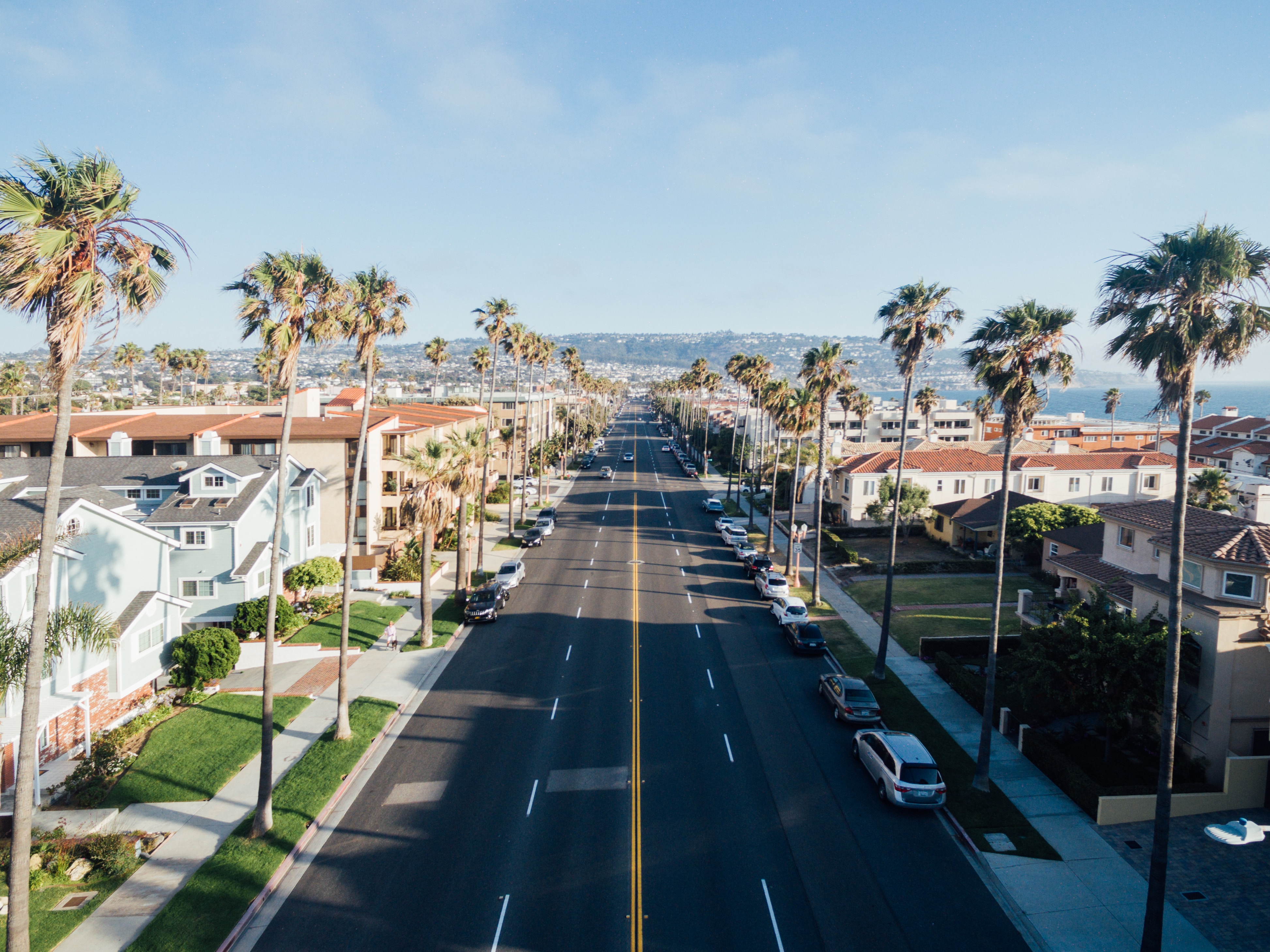When learning how to become a mortgage broker in California, you will need to follow these steps. Here is everything you need to know

When determining how to become a mortgage broker in California, you must consider which license you are going to obtain. While there are multiple steps to getting a license, becoming a mortgage broker is a rewarding career that offers additional benefits, such as earning potential and flexibility.
But how do you become a mortgage broker in California? Do you need a license to be a broker in the state? And if so, which kind of license?
In this article, we will answer these questions and more. Here is everything you need to know about how to become a mortgage broker in California.
The first step for every mortgage broker in California
The steps to becoming a mortgage broker in California may seem a little confusing at first. California offers three types of broker licenses. They are issued by three different agencies, and each has a different licensing requirement.
The California Department of Business Oversight (DBO) issues both the residential mortgage lender license (CRML) and the finance lender license (CFL). The Bureau of Real Estate issues the real estate broker license, which is often called a BRE license. This also allows you to work as a mortgage broker.
Each broker license has a different licensing requirement. As an added layer of protection for homebuyers, some licenses must submit a surety bond. Others, meanwhile, must pass pre-licensing education and an exam.
In the next section, we will look at the different types of licenses and the requirements for getting one.
How to become a mortgage broker in California: license options
As mentioned, there are three types of mortgage broker licenses in California. Here is a look at each and who is required to get each one.
- Finance broker license
- Residential mortgage lender license
- Real estate broker license
Let’s look more closely at each, to give you a better idea of what you can expect.
Finance broker license
You are required to obtain this if you are making and brokering consumer and commercial loans in the state of California. (There are exceptions.) One limitation of this type of license is that, as a mortgage broker, you are only allowed to broker loans with those holding a finance lender license. In other words, you are not allowed to conduct business with any other type of lenders in California. These include credit unions and banks.
Residential mortgage lender license
A residential mortgage lender license is required if you make or service residential mortgage loans in the state of California. This license enables you to make and service loans. It also allows you to broker loans if they also have a mortgage loan originators license. Residential mortgage lender (RML) license holders can broker to other RML lenders. It also applies to institutional lenders, like federal- and state-chartered institutions.
Real estate broker license
The real estate broker license enables licensees to act as mortgage brokers and real estate brokers in California. Application requirements are different from the previous two licenses mentioned, due to the combined nature of the license. Note: previous experience and an exam are necessary.
How to become a mortgage broker in California: how to get a license
The pre-licensing and application requirements for each mortgage broker license differ slightly. In this section, we will look at what each applicant must complete and comply with to obtain one of the licenses mentioned.
To get a finance broker and/or lender license, you have to apply through the Nationwide Mortgage Licensing System (NMLS) and submit a license application. This application has to include a business plan, answers to disclosure questions, a certificate of authority, an organizational chart, and additional documents.
When applying for this type of license, you must:
- Have a net worth of $50,000, if applying for a residential broker license; have a net worth of $250,000 if applying for a residential broker/lender license; and a net worth of $25,000 when applying for non-residential broker or lender license
- Pay a $400 licensing/processing fee when applying at the NMLS
- Submit criminal background checks for officers, directors, owners, managers, and anyone responsible for lending activities
- Submit and maintain a $25,000 surety bond
Residential mortgage lender license: requirements
To use your residential mortgage lender license, you must hold a California mortgage loan originator license. Like MLO licenses, residential mortgage lender licenses are available through the NMLS. Besides finishing your application form, you must also complete the following:
- Become an approved servicer/lender of at least one of these: the Federal Housing Administration (FHA); the Veterans Administration (VA); the Federal Home Loan Mortgage Corporation (Freddie Mac); the Federal National Mortgage Association (Fannie Mae); the Government National Mortgage Association (Ginnie Mae); or the Farmers Home Administration (FmHA)
- Submit audited financial statements documenting net worth of $250,000 minimum
- Submit surety bond of $50,000
- Submit criminal background checks
- Pay $1,100 licensing/processing fee through NMLS
Do you need a real estate license to be a mortgage broker in California?
Yes. A license is a requirement for anyone who will be acting as a mortgage broker or a real estate broker in California. The real estate broker license is issued by the California Department of Real Estate (DRE).
Different from other tests, the DRE license requires two years minimum of previous sales experience within the last five years. In the application, you must include documentation of this employment.
This is also the only type of license that does not require documentation of a surety bond.
Let’s look at the requirements for a DRE mortgage broker license in California:
- Mandatory background check
- Eight statutorily required college-level courses in finance and/or real estate, plus transcripts.
- Written broker exam, which comes with a processing fee of $95
- Broker license application
- Application/licensing fee of $300
There is another step to the process if you are an applicant who will be making loans to residential borrowers instead of only business loans. In that case, you must also get a mortgage loan originator license, which is issued through the NMLS. The mortgage loan originator license has an additional 20 hours of educational requirements. Plus, prospective licensees must also complete a written exam.
For the real estate broker license, you are also required to renew the license at regular intervals. Licensees must finish 45 hours (about 2 days) of continuing education every four years.

How do mortgage brokers get paid in California?
Mortgage brokers in California get paid on commission. The commission is based on the size of the loan. A broker’s payment is known as a loan origination fee, which is typically 1% of the mortgage amount. This fee is due at closing.
It is, however, possible that a mortgage broker will allow the buyer to roll their fees into the cost of the mortgage. This means the buyer can avoid paying that large upfront sum out of pocket. The downside to this is that it will increase your interest rate and may cost the buyer more over the life of the loan.
Last steps to be a mortgage broker in California
Mortgage brokers are essential to the mortgage industry, in California as elsewhere, helping families and business owners along their way to purchasing the property that will make their dreams come true. When determining how to become a mortgage broker in California, you may run into challenges in the application process as you go. However, there are also many perks and benefits once you are licensed.
Remember: the more knowledge you have, the better off you will be.
If you're truly interested in becoming a mortgage broker in California or anywhere, take the time to look at the mortgage professionals we highlight in our Best of Mortgage section. Here you will find the top performing mortgage professionals, including mortgage brokers, across the USA.
Did you find these tips on how to become a mortgage broker in California useful? Have you recently earned your mortgage broker license in California? Let us know in the comment section below.



